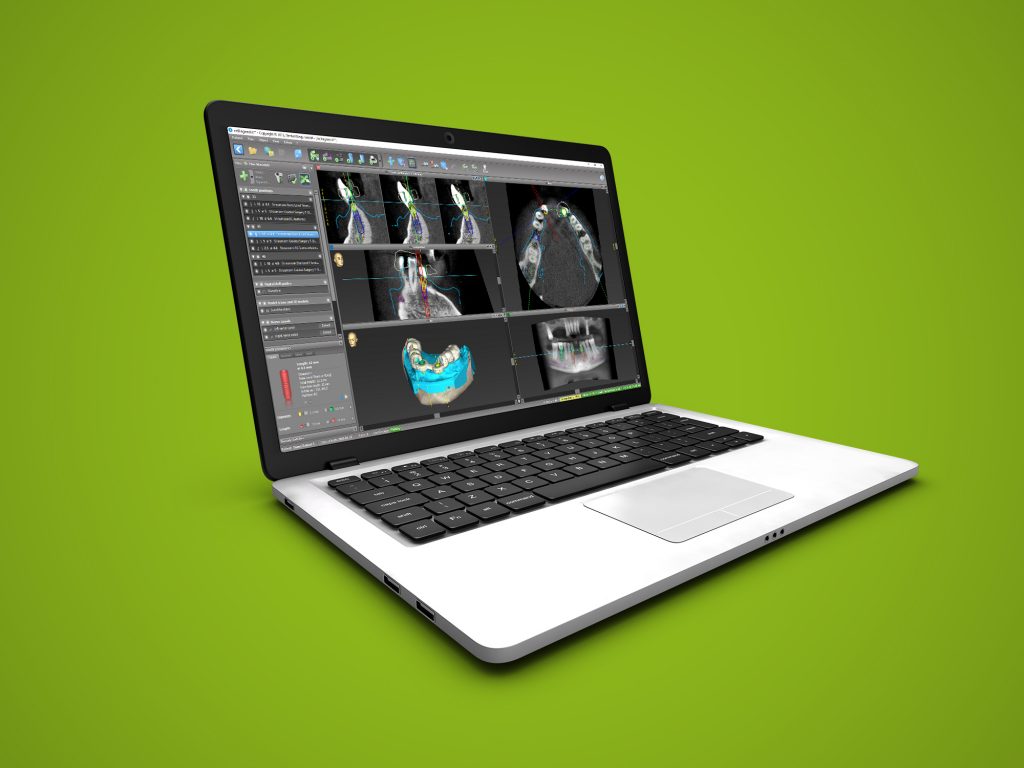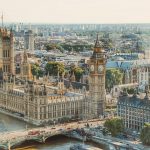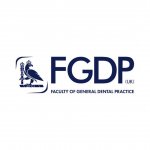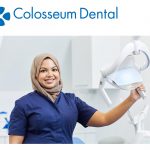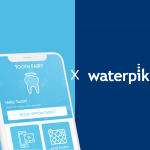The BAPD (British Association of Private Dentistry) has issued an open letter, primarily to the government, outlining a strong rebuttal of the letter sent by the CDO to parliament on 17th June. The letter reads as follows:
Dear Member of Parliament,
Re: OCDO Letter ‘Restarting dental services’
We feel that the recent letter you would have received from the OCDO (17th June 2020) requires urgent clarification with one that is less opaque, and endeavours to encompass the experience of the entire UK dental profession; perhaps highlighting some items not mentioned by the CDO but which have had a significant impact on patients and dentistry in the UK, and continue to affect the mental health of most dental professionals.
The British Association of Private Dentistry (BAPD) is an organisation established in April 2020, whose mandate is to support and represent all those operating in the private dental sector across the UK. We represent in excess of 10,000 members.
The BAPD tabled a Vote of No Confidence in the OCDO England on 15 May 2020; writing to the OCDO on 18 May 2020 with the results: an overwhelming vote from our membership in favour of no confidence. In reply, a brief rebuttal from Sara Hurley was published in the dental press on 20 May 2020 without the courtesy of a formal response, a “considered response” being promised “in due course”. To date, we continue to await that considered response despite sending a further open letter dated 20 May 2020, to rebut her initial comments and request transparency with regards to our previous unsuccessful attempts at OCDO liaison.
We are surprised by the content of this letter to all Members of Parliament (England), dated 17th June 2020, which takes a stance bearing scant resemblance to the reality experienced by patients and dental professionals during the COVID 19 Pandemic. Indeed, this letter appears to be little more than a ‘cut and paste’ of the letter to the profession received late in the evening of the 28th May 2020. Furthermore, we feel compelled to provide formal commentary on this letter; it would be remiss of us to continue to allow this misrepresentation of events that have fundamentally reduced the ability of the dental profession to safeguard the dental health of the general population of England.
We comment formally below:
QUOTE– ”On 25th March, in response to COVID-19, the CDO asked all dental practices in
England to close for face-to-face consultations and move to telephone triage for urgent dental
issues”.
COMMENT– The CDO stepped outside her remit in asking ‘all’ dental practices to close given
her authority is limited to practices with an NHS contract: whether this was knowingly or in
error remains open to clarification.
Local Area Teams apparently received formal notification from the OCDO in mid-February
2020 to prepare for centralised triage and face to face handling of dental emergencies.
Despite this, on the 25 March 2020, a whole month later, operational readiness was clearly
some distance away, with extremely limited access, regional inequalities and lack of
appropriate PPE, compounded with tardy, scant communications from the OCDO to dentists
which further reduced their abilities to provide timely care for their patients.
QUOTE– ”To meet the continuing need for urgent dental care, the dental profession stepped
forward in partnership with the NHS to deliver over five hundred urgent dental centres across
England, for face to face access to urgent dental treatment. This was an extraordinary feat.
Access to and support from these urgent dental care centres will remain available throughout
our next phase as we work with the profession to resume face to face care in all dental
practices”.
COMMENT– During the mishandled, poorly communicated and inexcusably slow rollout of
urgent dental centres, it was clear that many were initially unable to treat patients due to lack
of essential PPE and limitations in some skill sets to deal with more complex dental problems.
Throughout the staged rollout, inaccurate communications from the OCDO gave the
impression of a level of coverage and operational readiness at odds with the reality. This
factually incorrect stance was confirmed by members of the public, our members, in addition to
key workers within the UDC sites. A lack of ability to deal with all but the most basic dental
problems remains, and it is only with the reopening of practice-based dental services that
some of the more complex emergencies can now be addressed, albeit too late for many
patients. We refer you to the attached email ( Kelly Nizzer, Clinical Lead, London Region).
QUOTE– ”With this in mind I am writing to you to update on our progress with getting dental
services back up and running.On 28th May we confirmed the intent that from 8th June primary care dental services (general
dental practices and community dental services) may resume face-to-face care (both routine
and urgent) for appropriate patient groups. This announcement was preceded by the cascade
of a “prompt to prepare” guidance for all dental practices and followed by the publication of a
detailed standard operating procedure to support resumption of dental care in England”.
COMMENT– To clarify, the ‘cascade of a “prompt to prepare” guidance’ provided to dental
practices was a single letter, delivered approximately 8 hours prior to the actual call to resume
face-to-face dental provision. This letter was dated some nine days prior (19th May 2020) to its
eventual delivery on the 28th May 2020.
The second letter from Sara Hurley stating the intent for resumption of face-to-face care was
initially sent to Dentistry Magazine (an unofficial channel) and was actually released during the
morning of the 28 May 2020 as a minimally signposted link within an on-line article that was
“hidden within plain sight”. The formal letter to the profession was only released at 5pm that
day, giving a paltry 6 working days to recommission face-to-face dental care. The standard
operating procedure document was published on the 4th June, one working day before the
commissioning date, and the first release had non-functional hyperlinks to the essential linked
documents.
This catalogue of errors from the OCDO England, promulgates the almost universally held
perception amongst the profession that they have failed to provide timely, accurate and
detailed communication to dental professionals throughout this crisis. It is frankly unacceptable
and unforgivable that a caring patient-facing profession has been left hanging in the wind
when strong leadership would instinctively know that proper planning prevents poor
performance. This rings especially true for a department led by someone with a military
background. The consequent damage to patients oral health may never truly be known, but
can be laid squarely at the door of the OCDO.
QUOTE– ”Dental care will resume in a way that is safe and with flexibility for dental practices to
do what is best for their patients and their teams. This means there will be a gradual approach
to resumption of dental treatments based on clinical risk assessments, the availability of
personal protective equipment (PPE) and the ability to apply infection prevention control
measures”.
COMMENT- The lack of PPE continues to adversely affect the ability of dental practices to
reopen. In combination with the aforementioned incompetant communication was a wholly
mismanaged patient perception resulting from a lack of joined up and regular communication
to the profession, together with a culture of myth-weaving to spin a position of operational
readiness which was clearly pure fantasy.
The outcome has been a degree of panic, stress, and indeed, mental health issues within the
dental profession, the like of which has never been seen before. Most dental practices were
only made aware that they would be able to reopen via a singular report in the mainstream
media (specifically via a ‘ticker-tape’ message in the Daily Briefing on BBC1 on the 28th May).
Many dentists remained unaware of this until their patients began to contact them that
evening.
This has further skewed the public perception of the realities of patient-facing dental care at
the current time and has bolstered the fake news that dentists do not wish to see their
patients. Nothing could be further from the truth and we view this as a national scandal.
Furthermore, Public Health England then saw fit to make available stocks of PPE for sale to
dentists via dental suppliers – with strict instructions that these be made available for sale only
to NHS practices; an instruction that was only rescinded when private dentists voiced their
objection. Given that most practices that offer NHS dental services also provide treatment on a
private basis, and with no means to monitor whether this NHS-reserved PPE would be used
on patients treated privately in those practices, this was nothing short of discrimination against
dentists who only offer private dental services and patients who seek the same.
QUOTE- “We are still advising practices to minimise face-to-face care where possible and to
minimise the number of aerosol-generating procedures. Therefore, the range of dental
treatments that patients will be offered will be different to that which your constituents received
before 25th March. It is likely to be some months before general dental practitioners are able
to provide care in a way that your constituents will be used to and will depend in part on the
further easing of COVID-19 control measures”.
COMMENT– To continue the previous strategy of using the very weak evidence base to
conflate the precautionary principle with a scientifically illiterate and illogical position, will force
the profession to continue to use aerosol-generating-procedures as a proxy measure for risk,
whereas the alternative concept of aerosol-generated-exposure can provide a better proxy
measurement within the weak and partial evidence-base. No current accurate reporting of the
deterioration of dental public health is currently available, but anecdotal evidence based
around UDCs and our members reports, suggest that the illogical attempts to eliminate risk,
rather than the judicious mitigation of risk, will further impede attempts to right the wrongs of
the previous shameful and inadequate dental response.
QUOTE– ”If you have any questions regarding the delivery of dental services within your
constituency, your first port of call should be to your local NHS England and NHS
Improvement Regional Director of Primary Care Commissioning and Public Health. You can
make contact with them through your regional NHS team, the contact details of which are your
personalised MP’s guide to the NHS”.
COMMENT– We would urge you to instigate steps for a full and timely public enquiry to
evaluate the almost entirely avoidable deterioration in dental public health during the
COVID-19 crisis and to call those responsible to account, ensuring a forensic analysis of both
the poor quality leadership of the dental profession in England, and the lessons that must be
urgently learned to prevent a repeat of this catastrophe in the future.
QUOTE-”We continue to advise that shielded patients, those at the highest possible risk from
COVID- 19, should not currently attend dental settings unless absolutely necessary. If
face-to-face care is required, dental teams have been asked to align dental care provision with
the local arrangements for shielded patients or patients at increased risk. Often, that means
dental teams will consult the patient’s GP and/or other dedicated health and social care
professionals as necessary to arrange face-to-face care in a way that the patient needs.
In some cases, urgent dental care may be provided at home by a dedicated dental team. If
that is not possible or is clinically inappropriate, the provider must have appropriate measures
in place to separate shielded patients from possible COVID-19 cases.”
QUOTE– “Initially NHS England will maintain the current temporary contract arrangements to
make monthly payments in 2020-21 to all practices that are equal to 1/12th of their current
annual contract value, subject to abatement for lower variable costs. Work will continue with
the BDA on the mechanisms for the full 2020-21 contract year with the intention of
reintroducing a link to delivery of activity and outcomes.
As a dentist of over 30 years committed public service, my priority is to best serve the patient
by ensuring access to appropriate and timely dental care. However, given the precautions
necessary to minimise the COVID infection risk, I am sure you too recognise that dental
practice has to adapt the way that they offer and deliver care with changes in pace, proximity
and protection required for public and patient safety.”
COMMENT– The thinly disguised advancement of the plan to centralise and reduce the scope
of NHS primary care, has further disenfranchised the profession: this is frankly unforgivable. It
is clear that there is an agenda to change the provision of Dental Care within England without
consulting the profession; however to do it in such a sinister and underhand manner has not
gone unnoticed by the profession.
It is apparent that even the most basic working knowledge of general dental practice has not
been gained by the CDO, despite extolling her many years of public service.
QUOTE– ”I hope this update gives you the assurance of the ongoing commitment to the
nation’s oral health and that dental care continues to be a vital component of the NHS offer to
all patients”.
COMMENT- It is absolutely clear that dentistry was both forgotten by the government during
the initial lockdown, and mismanaged to a breathtaking degree by those leaders given the task
of steering the dental profession during these unique and challenging times.
This quoted letter is a gross manipulation of the truth, which should lead to the immediate
resignation or indeed dismissal of the Chief Dental Officer, Sara Hurley.
Yours sincerely,
The BAPD





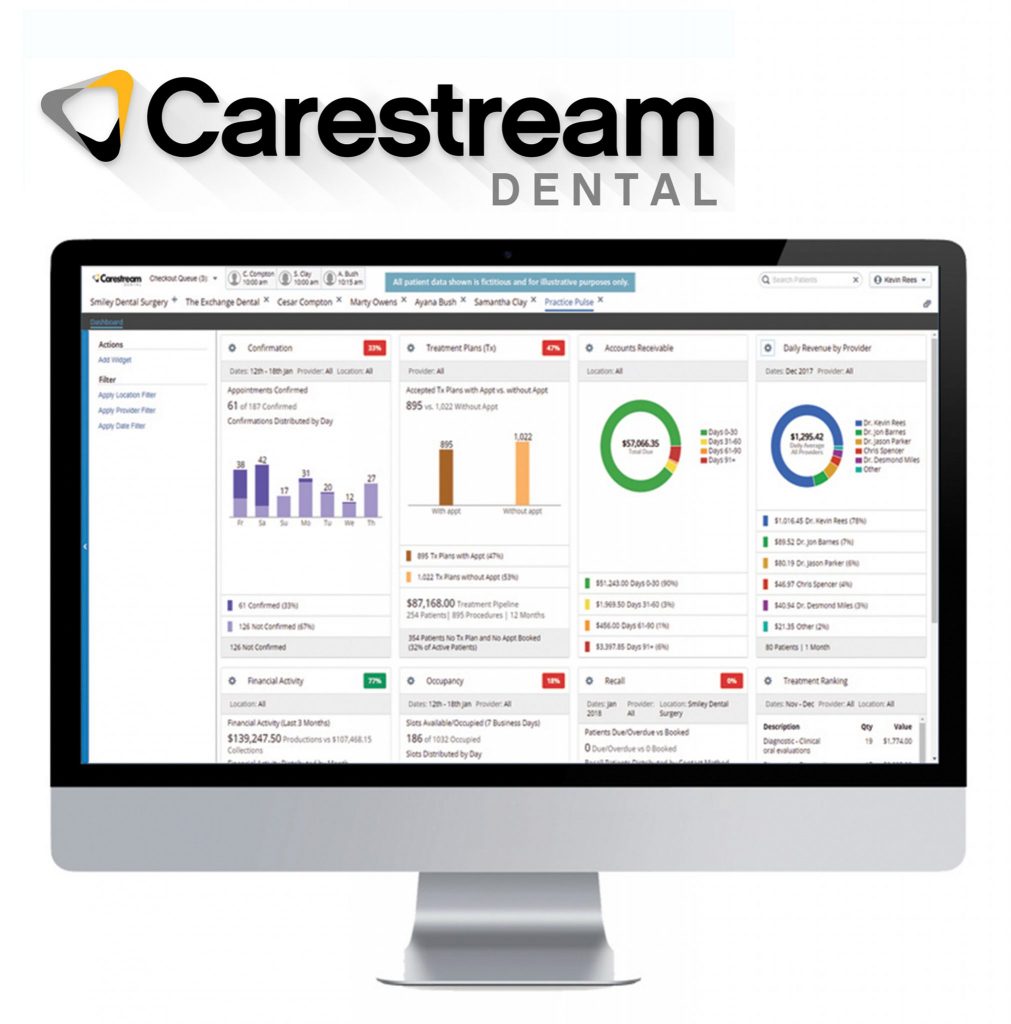 Software is now available that allows professionals to use business intelligence tools to track the growth, trends and needs of their practices, while also making daily dentistry easier for staff and more dynamic for patients.
Software is now available that allows professionals to use business intelligence tools to track the growth, trends and needs of their practices, while also making daily dentistry easier for staff and more dynamic for patients.
